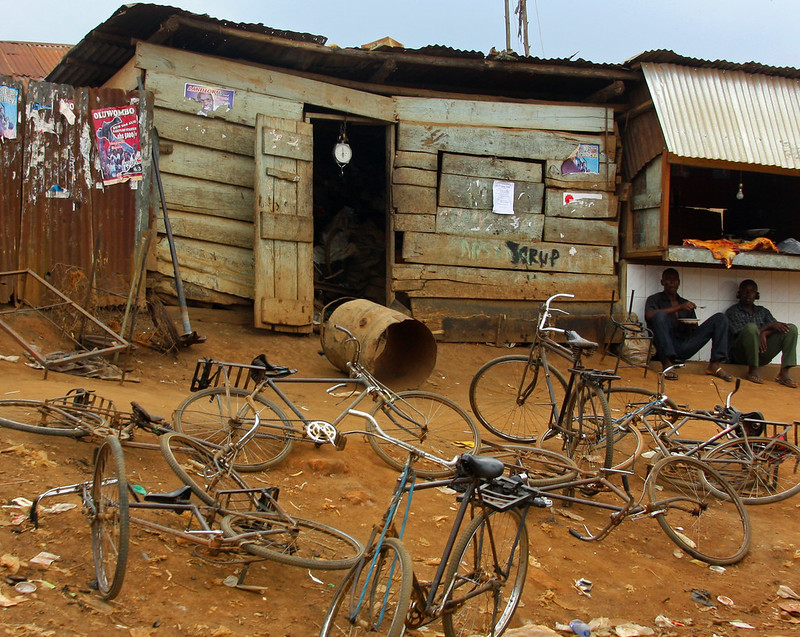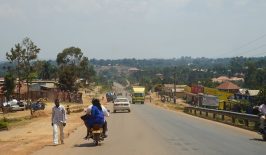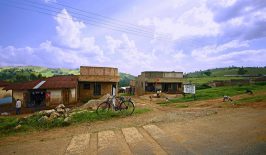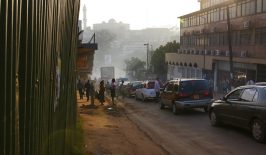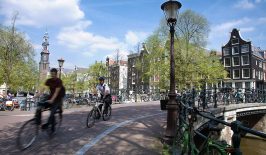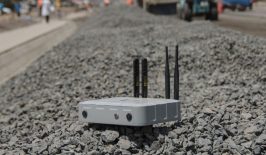Follow a small reddish sandy path off the road in the outskirts of Kampala and you’ll arrive at the Boogaali garage. The baby bamboo plants outside are the first sign that something else other than motorbikes (Kampala’s favoured form of transportation) is being tinkered with inside. Here, thick, strong, smooth bamboo canes are being transformed into bicycle frames. Hence the name Boogaali: Gaali is the word for bicycle in Luganda, one of Uganda’s official languages + (bam)boo.
Bicycles are probably the most environmentally-friendly means of transport around – besides our own two feet, of course. But most bicycles are made of steel, aluminum or carbon, meaning a lot of energy is needed to manufacture and produce them. A growing niche product on the market are bicycles made from renewable raw materials such as bamboo or flax. The trained electrician and ambitious cyclist Kasoma Noordin has been producing his own CO2-neutral means of transport from bamboo for several years now. To connect the various pieces of bamboo, he uses barkcloth, a kind of fabric made from tree bark. The production of bark cloth was entered into UNESCO’s list of assets of intangible cultural heritage in 2008. It is one of the oldest methods of making clothing – even older than weaving. It’s made by harvesting the bark of the Mutuba tree (Ficus natalensis) during the rainy season and then beating it into flat sheets using wooden mallets. But the barkcloth isn’t the only local product. The bamboo is also sourced locally. The seedlings are grown in front of the Boogaali garage and when they are big enough, they are taken to the countryside just outside Kampala, where they are raised for three years. The good thing about bamboo is that it doesn’t have to be watered – it gets all the water it needs during the rainy season and can survive the dry season with ease.
